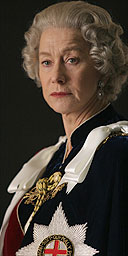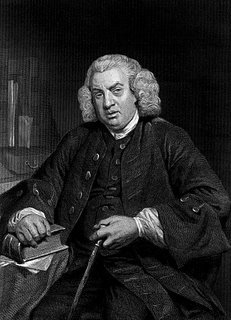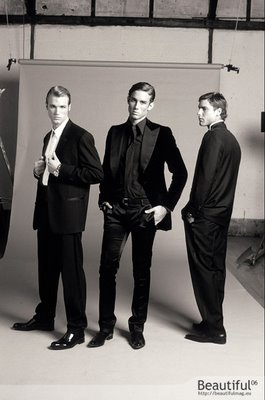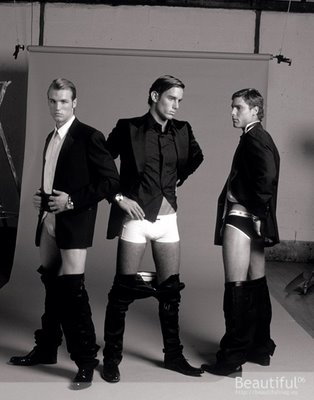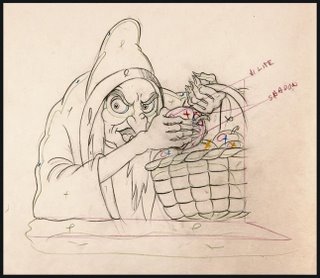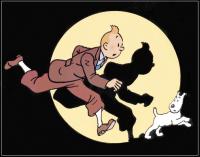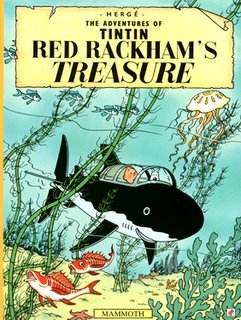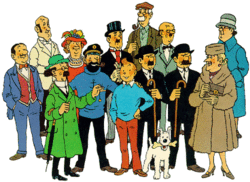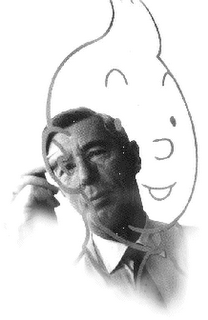 Come Oscar night will it be Dame Judi or will it be Dame Helen? Always supposing, of course, that the Academy Award for Best Actress doesn’t go to Penélope Cruz, Meryl Streep or Kate Winslet...
Come Oscar night will it be Dame Judi or will it be Dame Helen? Always supposing, of course, that the Academy Award for Best Actress doesn’t go to Penélope Cruz, Meryl Streep or Kate Winslet...Having just snapped up a Golden Globe, Helen Mirren seems to have a royal start with her performance as HMQEII in The Queen over Judi Dench’s turn as the acid-tongued, lesbian schoolteacher in Notes on a Scandal.
Time will tell…
Hollywood folk (and Americans in general) are - as one would expect of a Presidential nation - devoutly fervent royalists!

When, however, it comes to handing out the gongs, actors representing British monarchs have not fared too well.
Of course, Dame Judi famously won Best Supporting Actress Oscar in 1998 for playing Queen Elizabeth I in Shakespeare in Love while, in the very same year, Cate Blanchett didn’t win for playing Queen Elizabeth I in the film --- Elizabeth!
Mind you, the portrayals of the same monarch by Dame Flora Robson Bette Davis, Jean Simmons and Glenda Jackson in, respectively, Fire Over England, The Private Lives of Elizabeth and Essex, Young Bess and Mary, Queen of Scots didn’t even get nominated - although Vanessa Redgrave as the aforementioned Scots Queen did, at least, find herself in the running for an Oscar even if, when it came to the vote, she got the chop.
Of course, Charles Laughton did win Best Actor Award in 1933 for his kingly performance as Queen Elizabeth's father in The Private Life of Henry VIII, although subsequent royal contenders Robert Shaw, in A Man for All Seasons, and Richard Burton, in Anne of the Thousand Days, failed to grab the Oscar crown just as, in the latter film, did Geneviève Bujold’s Anne Boleyn.
Among the Henry VIIIs who were not even accorded a nomination were James Robertson Justice in The Sword and the Rose and Keith Michell in Henry VIII and His Six Wives as well as both Montagu Love and Charlton Heston who donned the beard and codpiece for versions of The Prince and the Pauper.
 A queen who most definitely made the Academy grade was Katherine Hepburn: despite having been ignored in Mary of Scotland, the divine Kate triumphed as the indomitable Queen Eleanor in The Lion in Winter - albeit having to share the coronet with Barbra Streisand’s Funny Girl - although her cantankerous consort, Henry II (Peter O’Toole), failed to succeed to the throne.
A queen who most definitely made the Academy grade was Katherine Hepburn: despite having been ignored in Mary of Scotland, the divine Kate triumphed as the indomitable Queen Eleanor in The Lion in Winter - albeit having to share the coronet with Barbra Streisand’s Funny Girl - although her cantankerous consort, Henry II (Peter O’Toole), failed to succeed to the throne.Other unsuccessfully nominated monarchs include Judi Dench (again!) this time as Queen Victoria in Mrs Brown and Helen Mirren (again!!) on this occasion as Queen Charlotte in The Madness of King George, a film that similarly failed to yield gold for Nigel Hawthorne in the title role.
As for Laurence Olivier, he failed to win at playing the king in both Richard III and The Chronicle of King Henry the Fit with His Battel Fought at Agincourt in France - though doubtless out of sympathy for his having produced, directed and starred in a film with one of the longest titles in movie history, the Academy did give him an honorary award!
Other totally un-nominated royals include Ralph Richardson's George III in Lady Caroline Lamb, Alec Guinness’ Charles I in Cromwell and assorted Queen Victorias including Irene Dunn (The MudLark), Mollie Maureen (The Private Life of Sherlock Holmes), Margaret Mann (Disraeli) and the great Anna Neagle in Victoria the Great.
Amd what about all those Richard the Lionhearts (popping up to give a cameo in Robin Hood movies), not to mention several dozen King Arthurs?
Enough!
Historically, the odds would seem to be against Dame Helen and Mrs Wingsor; but, who knows, with a little help from Saint Diana, The Queen may yet prove the ruler’s exception to the rule!
